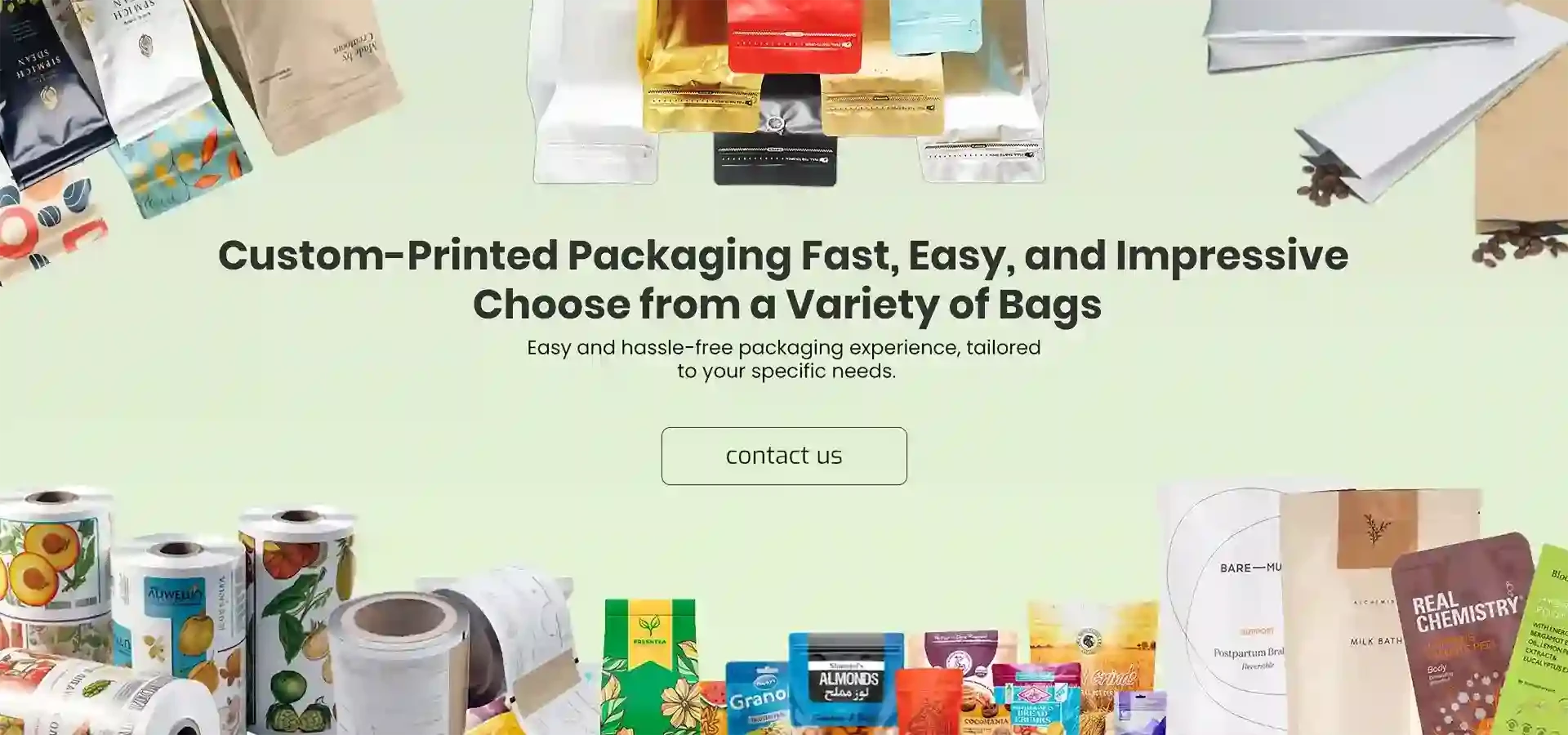- Afrikaans
- Albanian
- Amharic
- Arabic
- Armenian
- Azerbaijani
- Basque
- Belarusian
- Bengali
- Bosnian
- Bulgarian
- Catalan
- Cebuano
- chinese_simplified
- chinese_traditional
- Corsican
- Croatian
- Czech
- Danish
- Dutch
- English
- Esperanto
- Estonian
- Finnish
- French
- Frisian
- Galician
- Georgian
- German
- Greek
- Gujarati
- haitian_creole
- hausa
- hawaiian
- Hebrew
- Hindi
- Miao
- Hungarian
- Icelandic
- igbo
- Indonesian
- irish
- Italian
- Japanese
- Javanese
- Kannada
- kazakh
- Khmer
- Rwandese
- Korean
- Kurdish
- Kyrgyz
- Lao
- Latin
- Latvian
- Lithuanian
- Luxembourgish
- Macedonian
- Malgashi
- Malay
- Malayalam
- Maltese
- Maori
- Marathi
- Mongolian
- Myanmar
- Nepali
- Norwegian
- Norwegian
- Occitan
- Pashto
- Persian
- Polish
- Portuguese
- Punjabi
- Romanian
- Russian
- Samoan
- scottish-gaelic
- Serbian
- Sesotho
- Shona
- Sindhi
- Sinhala
- Slovak
- Slovenian
- Somali
- Spanish
- Sundanese
- Swahili
- Swedish
- Tagalog
- Tajik
- Tamil
- Tatar
- Telugu
- Thai
- Turkish
- Turkmen
- Ukrainian
- Urdu
- Uighur
- Uzbek
- Vietnamese
- Welsh
- Bantu
- Yiddish
- Yoruba
- Zulu
Custom Designed Labels for Unique Products and Personal Branding Solutions
The Art of Custom-Made Labels Personalization in Packaging
In a world where mass production often overshadows individuality, custom-made labels offer a refreshing solution. They embody the spirit of personalization, versatility, and branding, making them an essential element for businesses and creative projects alike. The impact of custom labels goes beyond mere aesthetics; they tell a story and convey a message that resonates with consumers on a personal level.
Understanding Custom-Made Labels
Custom-made labels are tailored to the specific needs of a product, brand, or occasion. They can be designed in various shapes, sizes, and materials, adapting to the unique requirements of the item they accompany. From food items and beverages to cosmetics and handmade crafts, custom labels play a pivotal role in packaging and marketing. The beauty of these labels lies in their ability to reflect a brand’s identity and values, serving as a visual representation of what the brand stands for.
The Importance of Branding
For businesses, branding is essential. A well-designed custom label can enhance recognition and create a lasting impression. Studies show that consumers often make snap judgments about products based on their packaging. A professional and appealing label can attract attention and influence purchasing decisions. Custom labels allow businesses to showcase their brand's personality and differentiators while communicating vital information about the product, such as ingredients, usage instructions, and safety warnings.
Versatility Across Industries
The versatility of custom labels spans various industries. In the food and beverage sector, labels provide essential information while also enticing customers through engaging designs. Craft breweries and artisanal producers particularly benefit from unique branding; a visually striking label can set their product apart in a saturated market.
In cosmetics and personal care products, labels not only convey a brand's ethos but also assure consumers about the quality and safety of what they are purchasing. Labels can feature organic certifications, cruelty-free symbols, and unique selling propositions that resonate with the target audience.
custom made label

Even in the world of ecommerce, companies utilize custom labels for packaging and shipping. Branded labels on packages add a personal touch, enhancing the unboxing experience for customers. This attention to detail can transform a simple transaction into a memorable interaction.
Environmental Considerations
As awareness grows regarding sustainability, many consumers are leaning towards brands that prioritize eco-friendly practices. Custom labels can also be sustainable. Businesses can choose materials that are biodegradable or from recycled sources to minimize their environmental impact. Additionally, digital printing technologies make it easier to produce small batches without excess waste, enabling brands to be both innovative and environmentally conscious.
The Creative Process Behind Custom Labels
Creating a custom label involves more than just selecting colors and fonts. It demands thoughtful consideration of the brand message, target audience, and product attributes. Collaborating with a designer can yield remarkable results. Designers typically follow a systematic approach start with research, then move onto brainstorming concepts, sketching ideas, and developing digital mock-ups.
Key factors to consider in the design process include the label shape, color palette, typography, and imagery. Each element should harmonize to communicate the desired message effectively. Additionally, understanding the limitations of materials is crucial; labels must withstand various conditions, such as moisture and temperature changes, especially for products in refrigeration or outdoor use.
Conclusion The Future of Custom-Made Labels
The future of custom-made labels looks promising as the demand for personalization continues to grow. As technology advances, businesses can expect even more options in terms of design capabilities, cost-effectiveness, and sustainability. Labels that were once purely functional are now recognized as integral components of branding and marketing strategies.
In conclusion, custom-made labels have transcended their traditional roles, becoming vital tools for storytelling and connection between brands and consumers. They represent an opportunity for creativity and personalization, allowing individuals and businesses to express their identity through every aspect of their packaging. As consumers continue to seek authenticity and connection, custom labels will remain essential in fostering those relationships. Whether you are a small artisan creating unique products or a large corporation rebranding, investing in custom labels is not merely a choice; it is a statement of commitment to quality and individuality.













